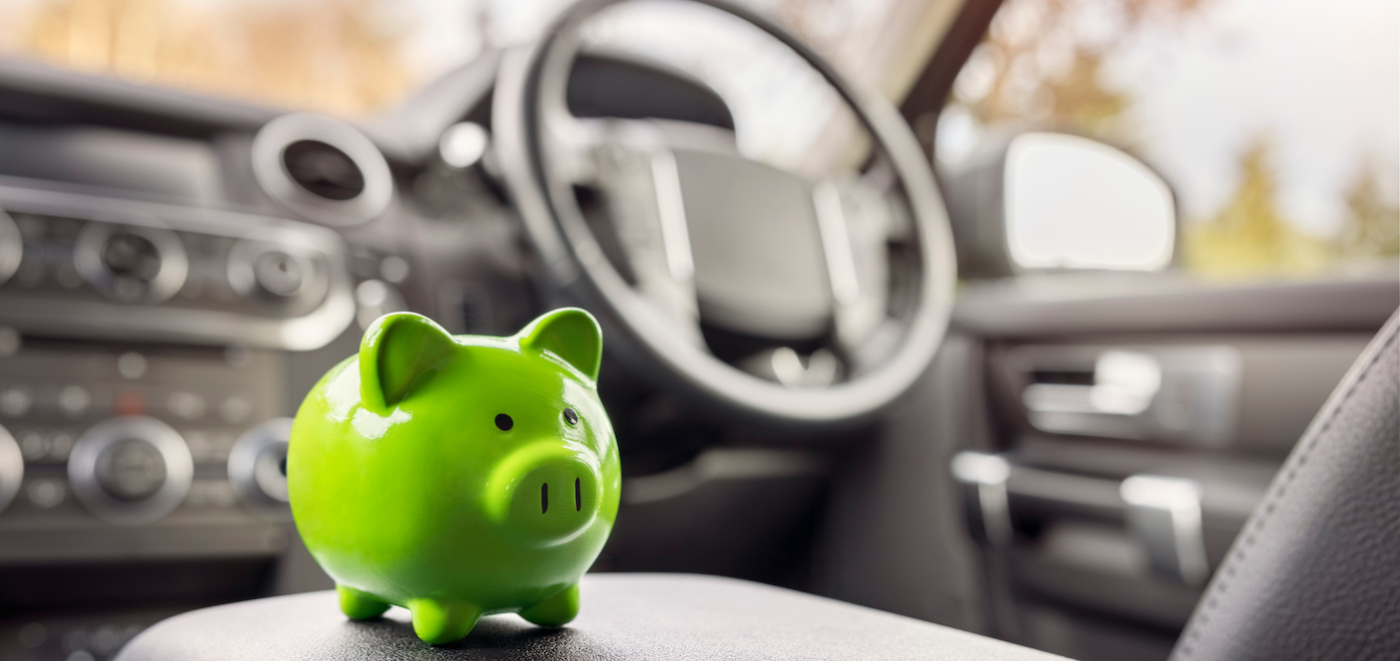Why Collision Coverage Is Recommended
.jpg)
Driving a car is a huge responsibility. Yes, the everyday-ness of driving to and from work, the grocery store, school and daycare dilutes the heavy responsibility driving weighs on us, but it doesn’t make us, as drivers, any less accountable for our actions. And unfortunately, for every careful and safe driver on the road, there is a careless and precarious driver to match, which is why collision auto insurance is highly recommended. Accidents happen, no matter how hard we try to avoid them, and that’s when collision insurance comes in.
When shopping around for auto insurance quotes, I’m sure you’re representative inquired about the type of coverage you wanted—liability, collision and/or comprehensive. Collision coverage does exactly what it says—it “covers†the damage to your vehicle when you’re in a collision, including the damage caused by an accident with another vehicle, an object or a vehicle rollover. It does not matter if you or another driver is at fault; collision coverage is in place to pay for repairs or replacement, minus your deductible, which is the other side of the collision insurance coin.
Collision insurance and premiums are both affected by your deductible—the higher your deductible, the lower your premiums and the more out-of-pocket you have to pay when there’s damage to your vehicle. You need to be realistic when choosing your deductible. Don’t choose a high deductible just to lower your premium, if you can’t afford to pay that amount on the spot. Also, think of it this way: if the damage to your vehicle is $1,500 and your deductible is $1,000, the insurance company is only paying $500 and you’re paying $1,000. You need to choose what is financially feasible for you.
If you are financing or leasing a vehicle, you may (mostly likely) be required to have collision insurance, even though it is not a state-required bracket of insurance. Lien holders don’t want to finance a vehicle that’s not covered under an insurance plan when it gets into an accident. Once the car is paid off, you do have the option of dropping your collision coverage, which would lower your premium; but as discussed above, it is not advisable. If this is something you are considering, think of this: Will the savings be substantial enough to counterbalance the cost to repair, and possibly replace the damaged vehicle?
Collision coverage avoids you having to pay more than your deductible to repair or replace your vehicle.?As with most brackets of insurance, collision coverage can be difficult to decide on when shopping for an auto insurance quote; however, think of your out-of-pocket costs and how much money is readily available to spend on vehicle repairs and replacement.
